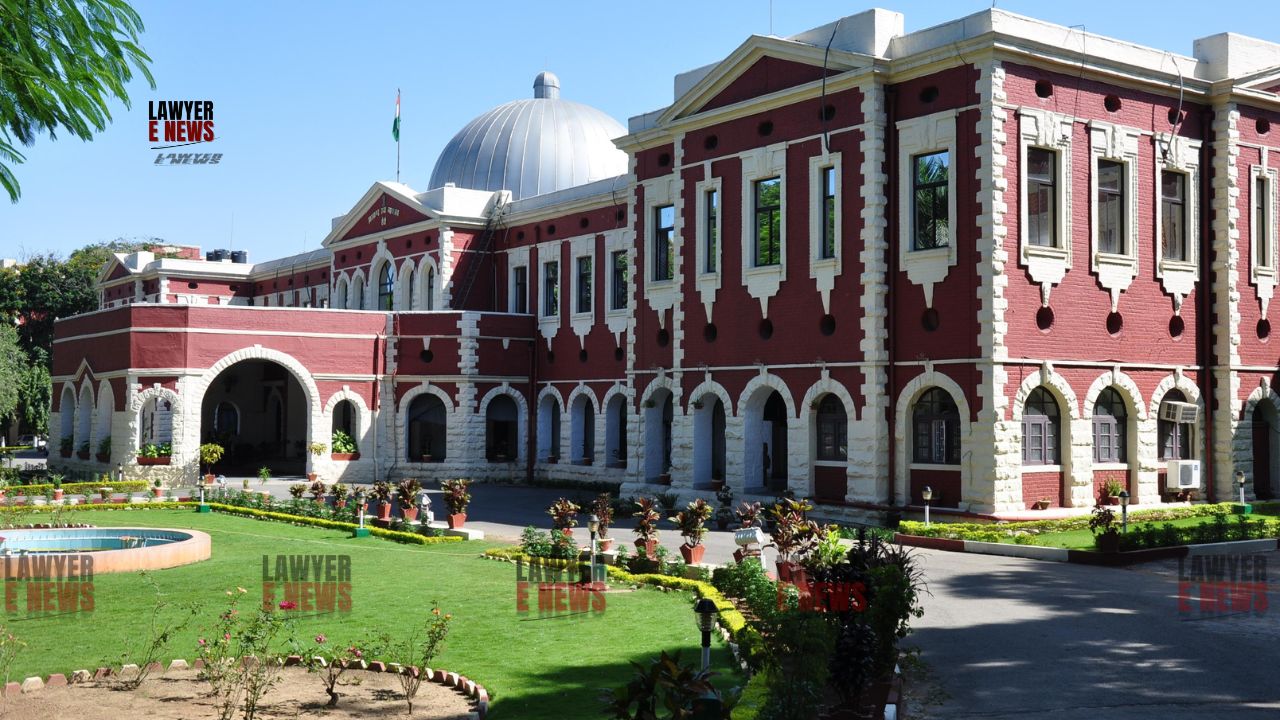-
by Admin
15 February 2026 5:35 AM



High Court Directs State to Count Service Period Prior to Regularization for Pension, Not Just From Date of Regularization
In a landmark judgment, the Jharkhand High Court has ruled in favor of petitioners seeking pension by counting their tenure as daily wage employees prior to their regularization. The decision, delivered by Hon'ble Dr. Justice S. N. Pathak on May 9, 2024, directs the state to consider the petitioners' full service period for pension benefits. This ruling has significant implications for daily wage employees across the state, reinforcing their rights to pension based on their entire service duration.
The case involves multiple writ petitions (W.P.(S) No. 474 of 2017, W.P.(S) No. 4036 of 2012, and W.P.(S) No. 3274 of 2018) filed by Chandradeo Pandit and others against the State of Jharkhand and others. The petitioners, who were initially employed as daily wage workers between 1979 and 2011, were later regularized between 2009 and 2011. Following their retirements between 2014 and 2016, they sought pension benefits by including their service period prior to regularization.
Credibility of Past Service: The court underscored the importance of recognizing the petitioners' service period as daily wage employees. "The past service of daily wagers must be counted for pension benefits, not just from the date of regularization," the court stated. This view aligns with various judicial precedents asserting that pension is a right, not a bounty, earned through long service.
Judicial Precedents on Pension Rights: The judgment referenced several landmark cases, including Harbans Lal v. State of Punjab, Deokinandan Prasad v. State of Bihar, and S. Sumnyan v. Limi Niri, which emphasized the right to pension as a fundamental right under Articles 14 and 19(1)(f) of the Constitution. The court reiterated that pension must be granted based on the entire service period, echoing the principle that regularization relates back to the initial appointment date.
The court discussed the principles of pension entitlement, stressing that pension is not a discretionary payment but a right. "Pension is a retirement benefit partaking of the character of regular payment to a person in consideration of the past services rendered by him," the judgment noted. The court rejected the respondents' argument that the petitioners were only entitled to pension benefits from the date of their regularization.
Justice S. N. Pathak emphasized, "The classification which is sought to be made among Government servants who are eligible for pension and those who started as work-charged employees and their services regularized subsequently, and the others is not based on any intelligible criteria and, therefore, is not sustainable at law."
The Jharkhand High Court's decision to count the petitioners' entire service period for pension benefits sets a significant precedent for the treatment of daily wage employees. By recognizing the past service of these employees, the court has reinforced the principle that pension is a right earned through years of service. This ruling is expected to influence future cases involving pension rights, ensuring fair treatment for employees who have served as daily wage workers before their regularization.
Date of Decision: May 9, 2024
Chandradeo Pandit and Others vs. The State of Jharkhand and Others
